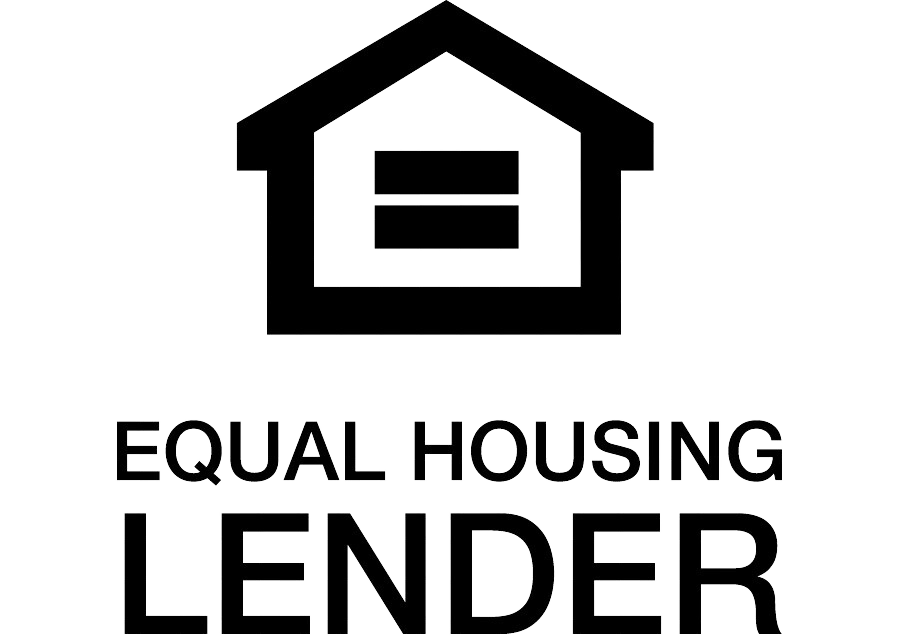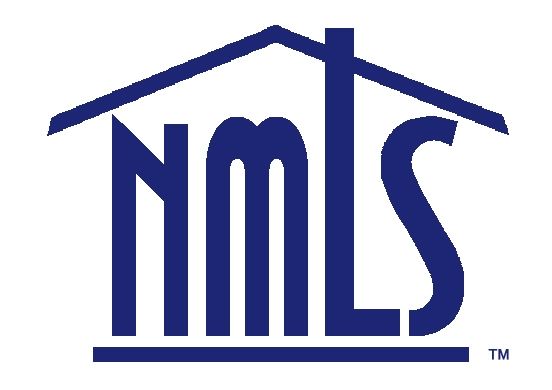Understanding Reverse Mortgages
A reverse mortgage is a unique type of loan designed for homeowners age 62 and older (and in some cases, 55+). Instead of making monthly mortgage payments, you can convert part of your home’s equity into usable cash. The funds can be received as a lump sum, monthly income, a growing line of credit, or a combination of these.
The key advantage? You continue to own your home and may live there for as long as you wish—provided you stay current with property taxes, homeowner’s insurance, and general upkeep.
Many retirees turn to reverse mortgages to supplement retirement income, cover unexpected expenses, or simply enjoy more financial freedom and peace of mind.
What is a HECM?
A Home Equity Conversion Mortgage (HECM) is the most common form of reverse mortgage, insured by the Federal Housing Administration (FHA). Because it’s government-backed, a HECM includes added protections and peace of mind for borrowers.
HECMs provide flexible payout options, including a lump sum, monthly payments, or a line of credit that grows over time. Borrowers also benefit from safeguards like required counseling sessions with a HUD-approved advisor—ensuring you understand the program before making a decision.
If your home falls within FHA loan limits and you’d like a federally insured option, a HECM may be the right choice.

What is a Jumbo Reverse Mortgage?
For homeowners with high-value properties that exceed FHA loan limits, a Jumbo Reverse Mortgage may be the better option. These loans are offered through private lenders and are not FHA-insured.
Key differences between a Jumbo Reverse Mortgage and a HECM include:
- Higher Loan Limits – Jumbos are ideal for luxury or high-value properties.
- No Mortgage Insurance – Since they are privately funded, no FHA mortgage insurance premiums apply.
- Flexible Age Requirements – Some lenders allow borrowers as young as 55 to qualify.
- Payout Options – Typically lump-sum, with fewer choices for lines of credit or monthly payments.
A Jumbo Reverse Mortgage is often the solution for homeowners wanting to unlock significant equity without the restrictions of government-backed programs.
The HECM for Purchase Option
Buying a New Home with a HECM for Purchase
For many seniors, retirement brings the desire to downsize, move closer to family, or find a home that’s easier to maintain. But the thought of taking on a new mortgage payment can feel overwhelming.
That’s where a HECM for Purchase (Home Equity Conversion Mortgage for Purchase) comes in. This program allows adults age 62 and older to buy a new home using a reverse mortgage—without the burden of monthly mortgage payments.
How it works:
- You sell your current home (or use other savings) and apply a portion of the proceeds as a large down payment (usually 40–60%, depending on your age and interest rates).
- The reverse mortgage covers the remaining cost of the new home without a required monthly mortgage payment.
- You continue to live in and own the property, paying only property taxes, homeowner’s insurance, and routine upkeep.
- The loan is repaid later—when you sell, move out permanently, or pass away.
The benefits:
- Move into a home that better fits your retirement lifestyle
- Avoid monthly mortgage payments, freeing up more cash flow
- Preserve your retirement savings instead of depleting them for a cash purchase
- Stay in control of your homeownership while enjoying more financial flexibility
A HECM for Purchase can be the perfect solution if you’re ready for a change in retirement but want to protect your savings and avoid the weight of a new monthly mortgage.
Who Qualifies for a Reverse Mortgage?
Qualifying is often easier than many expect. To be eligible, you must:
- Be at least 62 years old (some programs may allow 55+)
- Own your home outright or hold significant equity
- Live in the property as your primary residence
- Keep current on property taxes, insurance, and home maintenance
Unlike traditional mortgages, reverse mortgages generally do not require a high credit score or large income. Instead, lenders review your overall financial position to ensure you can meet ongoing responsibilities.
If you’re married, your spouse may also be protected—even if under 62—helping ensure security for both of you.

Safeguards in Place for Seniors With a Reverse Mortgage
Reverse mortgages include several built-in protections to ensure seniors can make informed, confident decisions:
- Mandatory Counseling – All borrowers meet with a HUD-approved counselor before moving forward.
- Non-Recourse Loan – Neither you nor your heirs will ever owe more than the home’s value.
- You Keep Ownership – As long as taxes, insurance, and maintenance are handled, the home remains yours.
- Spousal Protections – Eligible spouses can remain in the home even after the borrower passes away.
- Government Oversight – HECMs are federally insured and closely regulated for transparency and borrower protection.
These safeguards are designed to give homeowners like you peace of mind while enjoying the benefits of tapping into your home’s equity.
Reverse mortgages are designed to give you additional financial resources—not take resources away. With the right guidance, this loan can be a powerful tool for a secure and comfortable retirement.
I'd be happy to speak with you and/or your loved one to see if a reverse mortgage might be a good option for you.



